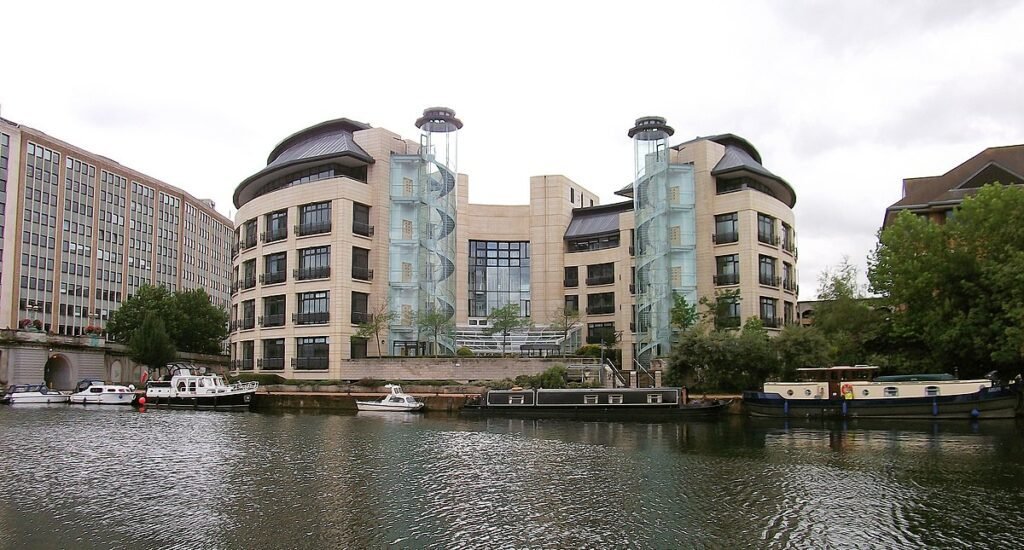Thames Water is set to appeal to the UK’s competition watchdog in an attempt to gain approval for even more customer bill rises in the next five years. The utility, which supplies water to 16 million people in London and the southeast of England, is applying to increase charges above the 35% rise already approved by Ofwat, the water industry regulator for England and Wales.
The planned hike has drawn an outcry from consumer protection agencies, who contend that families are already struggling to pay for rising living expenses. Most campaigners perceive Thames Water’s appeal as a misdirected move to offload costs onto clients while the firm deals with its own fiscal poor management.

Last year, Ofwat approved a significant rise in water bills, allowing Thames Water to increase charges by 35% between 2025 and 2030. However, the company now wants the Competition and Markets Authority (CMA) to authorize even higher fees, citing the need for additional funds to invest in infrastructure, reduce leaks, and improve service quality.
A Thames Water spokesperson justified the company’s move, saying that additional rises are needed to upgrade and improve services. “We are dedicated to providing safe, secure water services to our customers. To do this, we must invest in essential upgrades and sustainability initiatives. The approved increase currently does not fully enable the long-term improvements needed.”
But critics contend that the inefficiencies and financial woes of the company should not be borne by consumers. Thames Water has come under repeated criticism for its response to leaks, sewage overflows, and customer complaints. Most feel the company needs to manage its finances better instead of passing on increased costs to customers who are already grappling with inflation and increasing household costs.
The appeal procedure will entail a proper examination by the CMA, which will determine if the further increases are warranted. In the event that it is approved, customers may witness even more dramatic water bill increases, contributing to their financial burden.
Consumer groups and green activists have reacted forcefully to Thames Water’s action. “It is scandalous customers are being asked to pay more when the company is still beset by failures in the way it operates,” said a spokesman for a prominent consumer group. “Rather than charging more, Thames Water needs to sort out leaks, reduce waste, and become more efficient.
The UK’s water industry has been increasingly criticized for excessive executive remuneration, shareholder dividends, and mismanagement of infrastructure. Most campaigners contend that private water businesses must be held accountable for how they allocate cash instead of pushing costs on customers.
Over the past few years, Thames Water has come under increasing pressure to reform its operations. The business has recognized that it needs to make major investment in its network, but its financial struggles have raised questions over long-term viability. Industry experts believe that the company’s debts and operational issues may be a driving force behind the call for further bill hikes.
While Thames Water insists that increased charges are needed to upgrade infrastructure and ensure quality of service, critics say that the company should look for alternative solutions. There have been stronger calls for increased regulatory intervention and greater transparency in financial management as a result of this latest appeal.
The ultimate decision now lies with the CMA, which will carry out a thorough review of Thames Water’s application. If the appeal is successful, millions of customers may have their water bills increase even more, adding to the current controversy surrounding the privatized water industry’s role in controlling vital utilities.
As the situation develops, campaigners are still calling on regulators to put the interests of consumers first and ensure that any rise is justified. Most believe Thames Water’s earlier financial choices do not need to be at the expense of working families who already have economic hardship. The outcome of this plea could have long-term implications for the future of water pricing and regulation in the UK.








